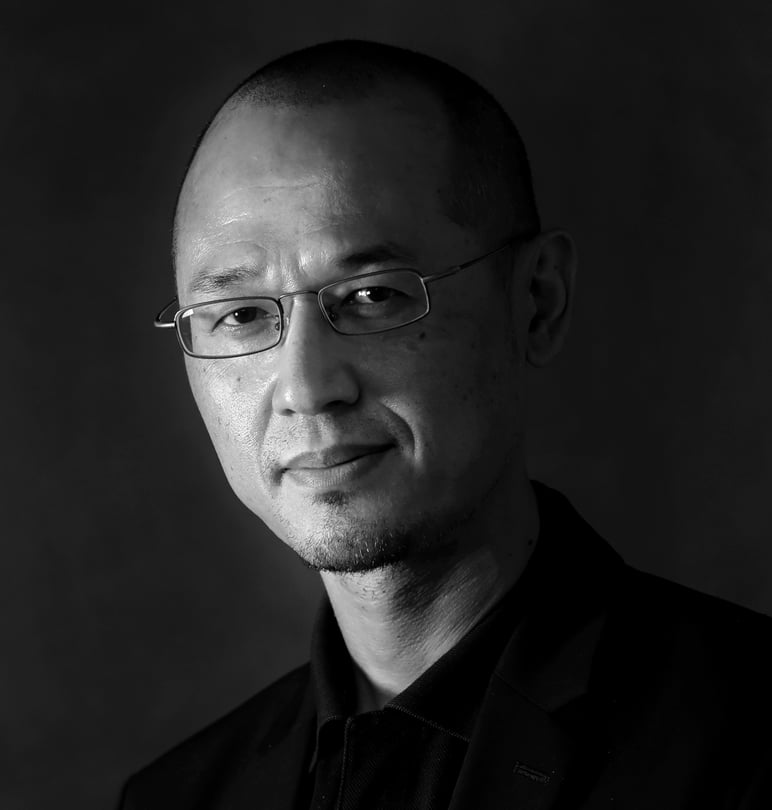
Hong Kong’s appalling wealth gap is a burning fuse for revolution
Yonden Lhatoo warns that the city’s income disparity has hit alarming levels, and letting it continue unchecked will lead to social unrest on a historic scale
It’s not that we haven’t seen shameful contrasts between grinding poverty and obscene wealth elsewhere around the world. It’s nothing new.
But there’s something about the wealth gap in Hong Kong that is extra jarring and unacceptable. It could have a lot to do with the fact that, in the most densely populated city in the world, the injustice feels so much more in-your-face and a lot harder to stomach. If you have a conscience, that is.

In the city with the highest number of Rolls-Royces per person, tycoons splurge HK$100 million on a wedding without batting an eyelid, or millions more on diamonds to name after their children, while some 300,000 kids can’t get three square meals a day.
Oxfam’s damning report out this week on poverty in Hong Kong is mandatory reading. Our wealth gap is officially the worst among all developed regions, and has widened to alarming proportions.
The richest 10 per cent of the population now earn nearly 29 times what those on the other end of the spectrum get. The city’s 18 richest people are sitting on a collective fortune of HK$1.39 trillion, exceeding the entire amount that our always-prudent government has been squirrelling away in reserves for that rainy day that never comes, while 1.15 million people adrift in a sea of poverty could really use a lifeline.

Oxfam also drew attention to the need to fix some reprehensible policies that exacerbate the poverty crisis. Chief among them is the pittance of a minimum wage at HK$32.50 an hour – any salary gain when it rises is simply cancelled out by inflation. Then there’s the so-called offsetting mechanism – also known as daylight robbery – that allows bosses to settle severance and long-service payments by dipping into employees’ mandatory pension fund savings.
Another blight on society Oxfam wants removed is the so-called “bad son statement” – pertaining to the requirement for elderly welfare applicants to get their children to declare they can’t support their parents. You can imagine how, in a traditional Chinese society, families would rather forgo handouts than undergo such humiliation.

“The growth of the economy or any profit-making craze should not be at the cost of workers’ livelihoods,” Oxfam said, in calling for a just society.
Is anyone listening? The French economist Thomas Piketty broke it down for everyone in his 2013 book on income inequality, Capital in the Twenty-First Century.
“When the rate of return on capital exceeds the rate of growth of output and income, as it did in the 19th century and seems quite likely to do again in the 21st, capitalism automatically generates arbitrary and unsustainable inequalities that radically undermine the meritocratic values on which democratic societies are based.”
The days of “everyone can be Li Ka-shing” are long over. Rags-to-riches stories are one in a million.
What we’re talking about here is a vicious cycle of intergenerational poverty. There’s no upward mobility, no matter how hard many underprivileged people work. These days, you really need money to make money – or to at least pay for the many expenses on the road to success, including a good education. They just don’t have it.

We have reached a crossroads, where it’s not just the government and tycoons who need to step up, but the rest of us too. We are all collectively responsible as a prosperous and advanced society.
This is the stuff that foments revolution. History has taught us that. The tyranny of the minority is unsustainable. One small segment of the population, no matter how rich and powerful, cannot subjugate the vast majority forever. It always ends badly. And, to quote Mao Zedong (毛澤東), it will be no dinner party or essay writing like this.
Yonden Lhatoo is a senior editor at the Post

